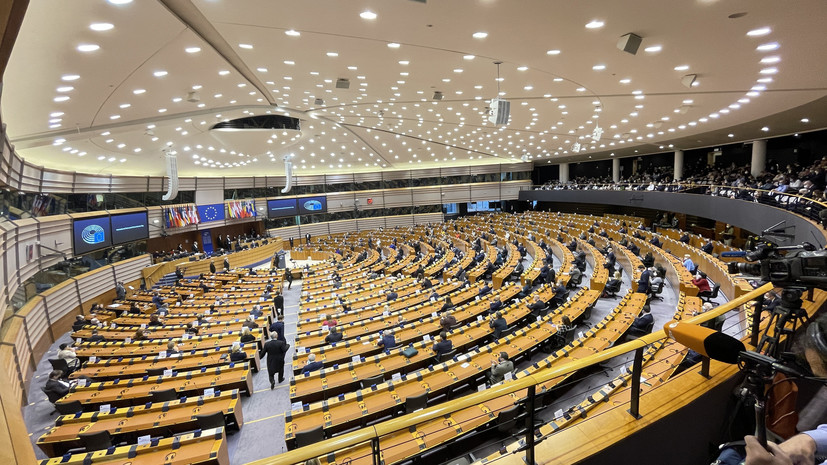“Despite the restrictions of the West, after 2014 Russia appears to have developed a high resistance to sanctions,” Beck said.
In particular, he noted that the gold and foreign exchange reserves of the Bank of Russia exceed the amount of €540 billion, and only a sixth of them fall to the share of dollars.
“Excess revenues from oil and gas exports are accumulating in the National Welfare Fund in the amount of €166 billion, and the public debt is only 20% of GDP,” the MEP added.
Against this background, he asked Borrell how he assesses the "efforts" of the Russian side to increase resistance to sanctions from the West.
“In the view of the Vice President/High Representative, what role do Russia’s foreign exchange reserves and low public debt play in Russia in overcoming international pressure on its monetary and economic system, be it economic sanctions or foreign speculation to the detriment of its currency and public debt sustainability? »
Beck also asked.
Earlier, European politicians have repeatedly declared the inconsistency and harm of anti-Russian sanctions.
In particular, in May last year, Greek MEP Emmanuel Fragkos noted that the sanctions imposed by the European Union against Russia in 2014 had a negative impact on trade between the parties.
According to experts, such a policy, including by European partners, has not brought political results either.

